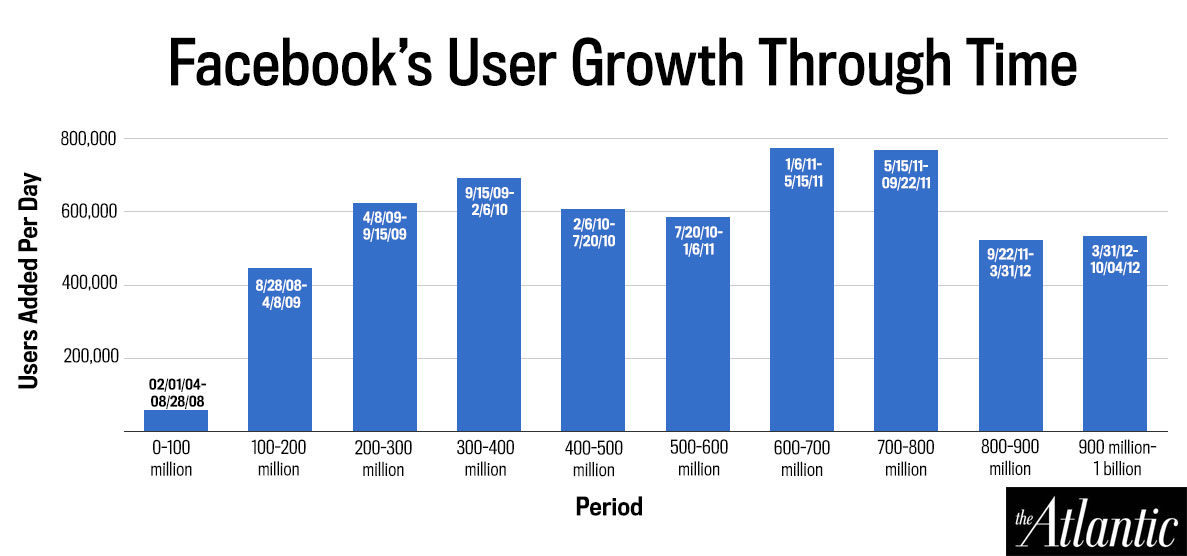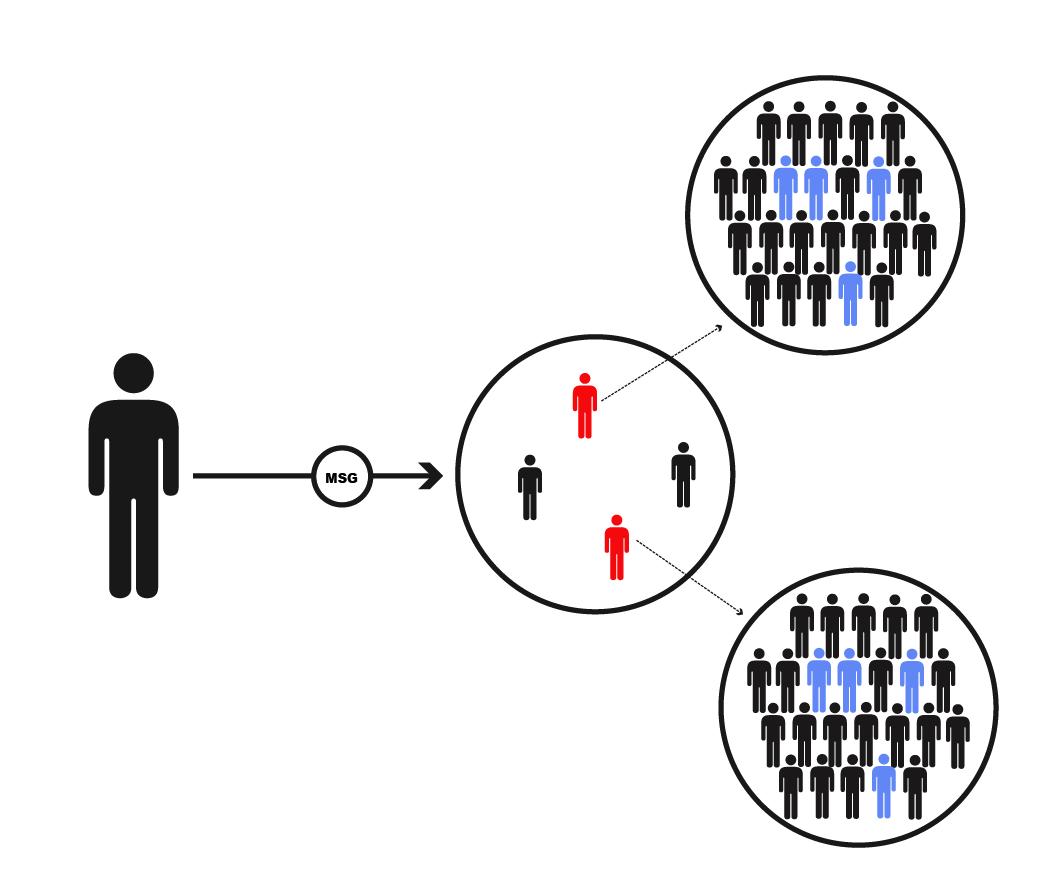Over the years I have learned a great deal about reputation management and the anatomy of a customer complaint. In fact, I just realized I have read more than 100,000 customer complaints in my lifetime through HissingKitty (the complaints website I founded)
Surprisingly enough, the problem of a customer filing complaints online is only getting worse with time. Ripoff Report now has nearly 1,000,000 complaints indexed.
So, why does this happen? In short, corporations keep growing, and then outsourcing customer service, and ignoring customer feedback. It seems to be an unavoidable and dangerous cycle.
How Do You Stop Complaints?
There are a ton of reputation management companies out there who “specialize” in all kinds of digital marketing and online marketing. Dealing with consumer complaints are big business for both consultants, customer service software, and 3rd party websites.
There are now dozens of online complaint sites including:
- Google
- Yelp
- BBB
- Consumer Affairs
- Pissed Consumer
- RipOff Report
- HissingKitty
- My3Cents
- Complaints Board
- Complaints.com
Customer Complaints Are Usually 100% Preventable
The bottom line is, almost all of the negative feedback and complaints against businesses are 100% preventable.
You can stop customers in their tracks from even thinking about going online to complain about your business. If you read between the lines, almost every complaint posted online follows a very similar pattern.
A customer is upset (usually at something very small), and the business ignores and agitates them to the point of no return. The point of “no return” is what I like to call the point at which a customer is so upset and frustrated with you that they will do anything to ease the pain.
I can’t emphasize this enough, customers don’t want to destroy your reputation online, they just want someone to listen to them and fix the problem.
The Anatomy of a Customer Complaint
With that in mind, I present for your consideration a nearly 900 word complaint submitted recently about a Target store in Jacksonville, Florida. This came in through HissingKitty, and it was so interesting I decided to post it here instead.

This is a great example of a customer starting off with a minor problem, and the company slowly frustrating them so much the customer took to the Internet with their story.
I would argue, in my professional opinion, if at any point Target had just listened, justified, and comforted the customer, we would never see this complaint live on the internet.
Part 1 — the background:
A Personal Complaint to Target in Jacksonville, Florida. On Monday Oct 10, 2011 I went into the Target on Beach Blvd in Jacksonville, Florida 32224. I went directly to the pharmacy and dropped off my prescription as usual and then went to pick up several additional items. I then went back to the pharmacy to pickup my prescription and pay for the items. The cashier came to the counter and starting to check me out she had totaled $97.00.
I then laid out a $100.00 for payment of said products, she then realizes that she had misses two additional items and added those, while this was going on another customer came up and she looked over her shoulder to inform the girl at the back pharmacy counter that she would take care of that customer as well and then my sale was completed, I then put out $3.00 more dollars to pay in full.
Customers complain about bad service because they have an expectation for good service. Notice the expectation instantly formed in the customers mind when the girl at the pharmacy counter verbally stated she would “take care of the customer”.
Part 2 — the problem escalates
That is were everything went crazy, she couldn’t find the $100.00 she looked into the bags, the register the floor and the patted herself down. Then looked at me and asked where did the money go, I then started looking and I gave her the benefit of the doubt and thought well maybe I accidentally picked it up in all the confusion. So people started to line up I then said let me go ahead and pay another $100.00 and we would get it settled and not hold up the line.
Wow! The customer see’s the line forming and offers to help out by paying again, so that other customers behind don’t get held up. In the case, the customer is already displaying more “customer service” than the business.
Part 3 — management only makes it worse
She then called in the supposing manager. The cashier explained her side I told her mine, and even explained to Jeanette that I would recount my monies since I just cashed my Social Security Check that I knew exactly how much I had in my wallet. If she could lend me a calculator I would check my balance.
At this point she starts telling the cash register is right there, and there is only $100.00 in the register and I stated that would be correct since I paid the balance, but where was the other $100.00 all of this going over her head. I then became so frazzled after her rudeness, unprofessional and downright bad attitude.
Nobody likes being called a liar, but sadly that’s what this manager is assuming. Instead of talking off the floor, or going somewhere more private, the manager has a conversation about money in a public place. By calling the customers integrity into question, a rational level headed person is now backed into a corner.
Part 4 — escalation to corporate customer service
I reexplained to let me check like I said in the beginning I wasn’t sure what had happen. After being treated in this manner I just got so fed up with her attitude I told her what I thought about her demeanor and how unprofessional she was, because we were going nowhere. The cashier never came back to the register at all.
I feel that we both would had worked this out so much more effectively, I then left the store got into my car and called the store for the Target store in question to speak with the manager. The customer service representative answered I asked to speak to the store manager, and guess who comes on Jeanette the one and the same the same one that I had a problem in the store with.
Never allow personal feelings to escalate a customers complaints further. Always have a third party or alternate person ready to be a fresh face without preconceived opinions. Most people are just ready to vent at this point. So let them vent, and allow the cool down process to begin.
Part 5 — corporate makes it worse
I asked her if I could speak with the manager and she informed me she was it. Right! I asked for corporates number she then tried to apologize for all the confusion. To late for that one. In the meantime another person (Mike) came on the line I then asked him for the Target Corporate Office number.
He gave it to me, and then I asked who was the store manager he stated at first Jeanette, but he stumbled I knew then that she wasn’t it. I really knew all along she has couldn’t be it. No manager handles a situation the way she did. I then repeated my question who was the manager of the store he (Mike) then said Micah. So Jeanette totally misrepresented herself and her company.
Another key mistake that businesses make is trying to ignore the problem instead of addressing it. Most people aren’t buying a simple apology. They want your empathy, and to know you have the situation under control. Fumbling the ball at this point is costly, and just reinforces to the customer they need to continue to escalate this to get results.
Part 6 — corporate makes a promise they cannot keep
After reviewing all this I realized a few things. I took the responsibility of the cashier errors. She was the one that was distracted trying to multi-task and causing the confusion.There was other workers who were available and trying to work and she stopped them.
I then called the Corporate Office and explained what had happened. Ron words were this would be handled swiftly. I hope so. It seems in todays world when you try to handle a problem and is willing to work through something with someone like this cashier and all you want is to retrieve the items, the money that is owed to you without any problems.
I truly realize after this incident stores like Target just don’t care. I said to them I would never come back for anything.
This was a great place for Ron at the corporate office to make things right and win back the customer. Of course he probably thought by saying “he would handle it”, that everything would be OK.
But you can see that this simply wasn’t enough of a response for the customer. The level of response has to meet and exceed the level of frustration.
Part 7 — where you finally lose the customer for good:
They have lots customers to fall back on but no accountability on the behalf. I stated to Ron that this was a major competitors move. Well I was wrong about that one, the competitors, I’ve never had this happen with them, so that is were I will take my business, monies, and purchase happily.
It only takes one negative experience to lose a customer for life. And today’s digital world, that lost customer can cost you thousands more customers if they take their complaint to the Internet.

Negative Reviews Online Really Hurt
Every time I am involved in a new venture I get a chance to learn about a difference industry. Different groups carry with them different consumers and customer behavior, and lately I have been all about reviews and UGC (user generated content).
Consumer and editorial reviews continue to gain swagger in search engines, and a good review is an easy way to get that bump over your competition.
Bad reviews, on the other hand, also present an easy way to lose customers. Consumers keep getting smarter, and more each day are searching for reviews online before they make a purchasing decision. So what’s a bad review worth to you?
Now why would anybody want to buy a bad review? I’m really not sure, but companies do it all the time. One of my fun little side projects right now involves consumer reviews, and many of them are negative.
Complaints Are Easy to Prevent
In the majority of these cases the company could have avoided the bad review with a settlement of less than $50, and most times it is far less than that.
Do people like to post negative reviews of companies? Think about it if they are upset enough to find a website online and go through all that trouble then they have been really inconvenienced (at least in their mind).
If at all possible, why don’t companies pay off these bad reviews and complaints? We are coming into the age of the consumer, where a person can go online and absolutely wreck your companies reputation based on 1 single incident that wasn’t handled properly.
Now that company is going to go out and hire a professional to do reputation management (or at least try to pick up the pieces). Which costs more paying for Johnny Q’s faulty $5 widget or $10,000 a month for reputation management and damage control after John Q posts his story all over the internet?
I don’t think companies should bend to every single consumer complaint and bad review, but I definitely believe a corporation that has a blanket policy of ignoring them all is asking for trouble.















